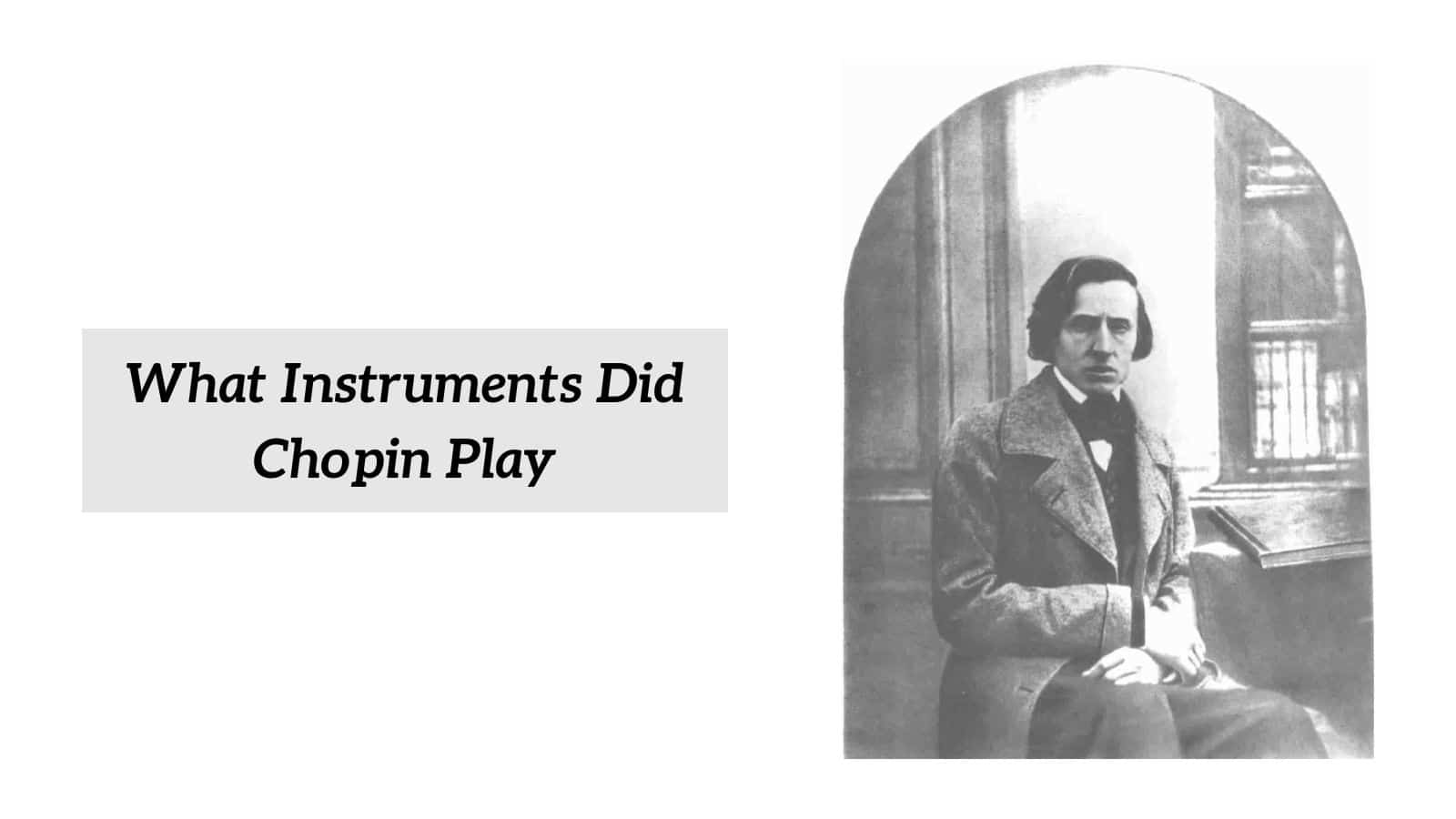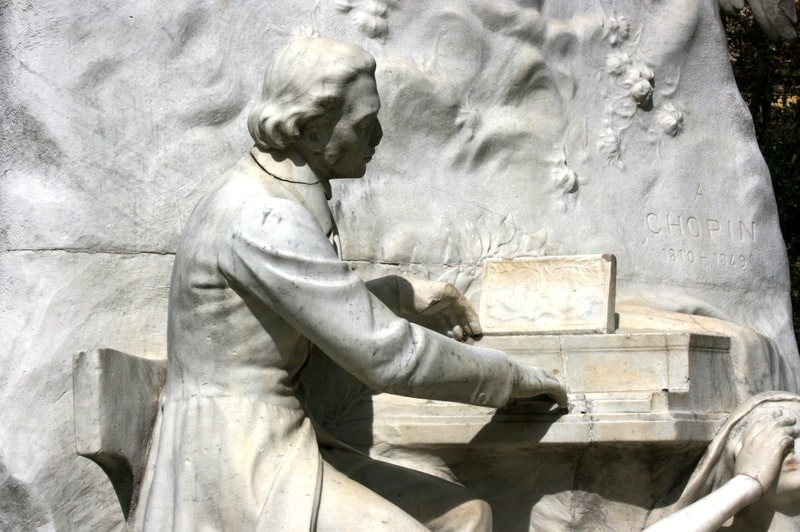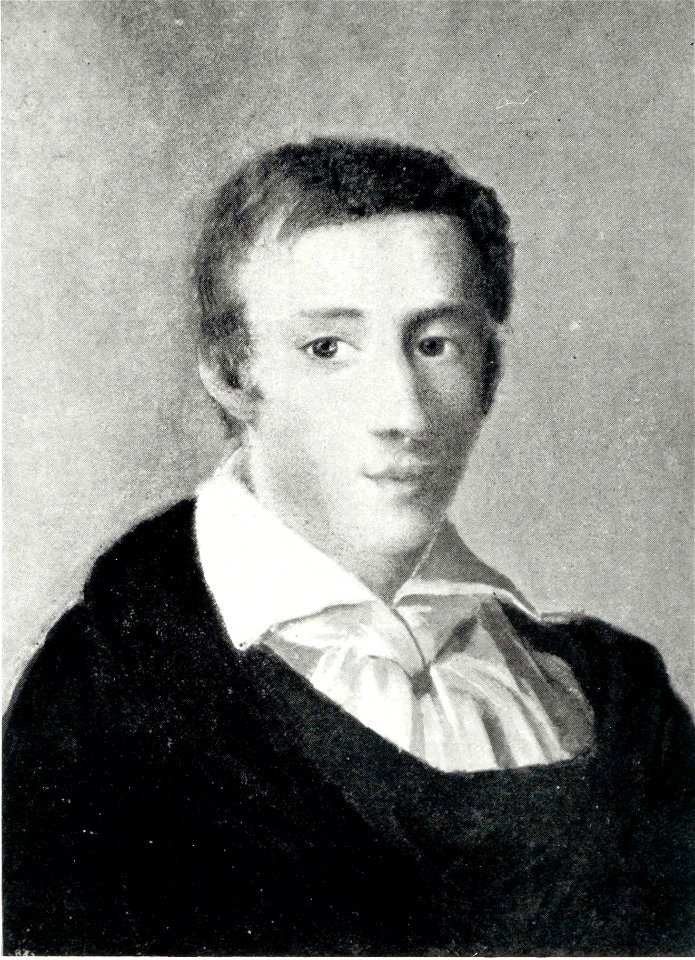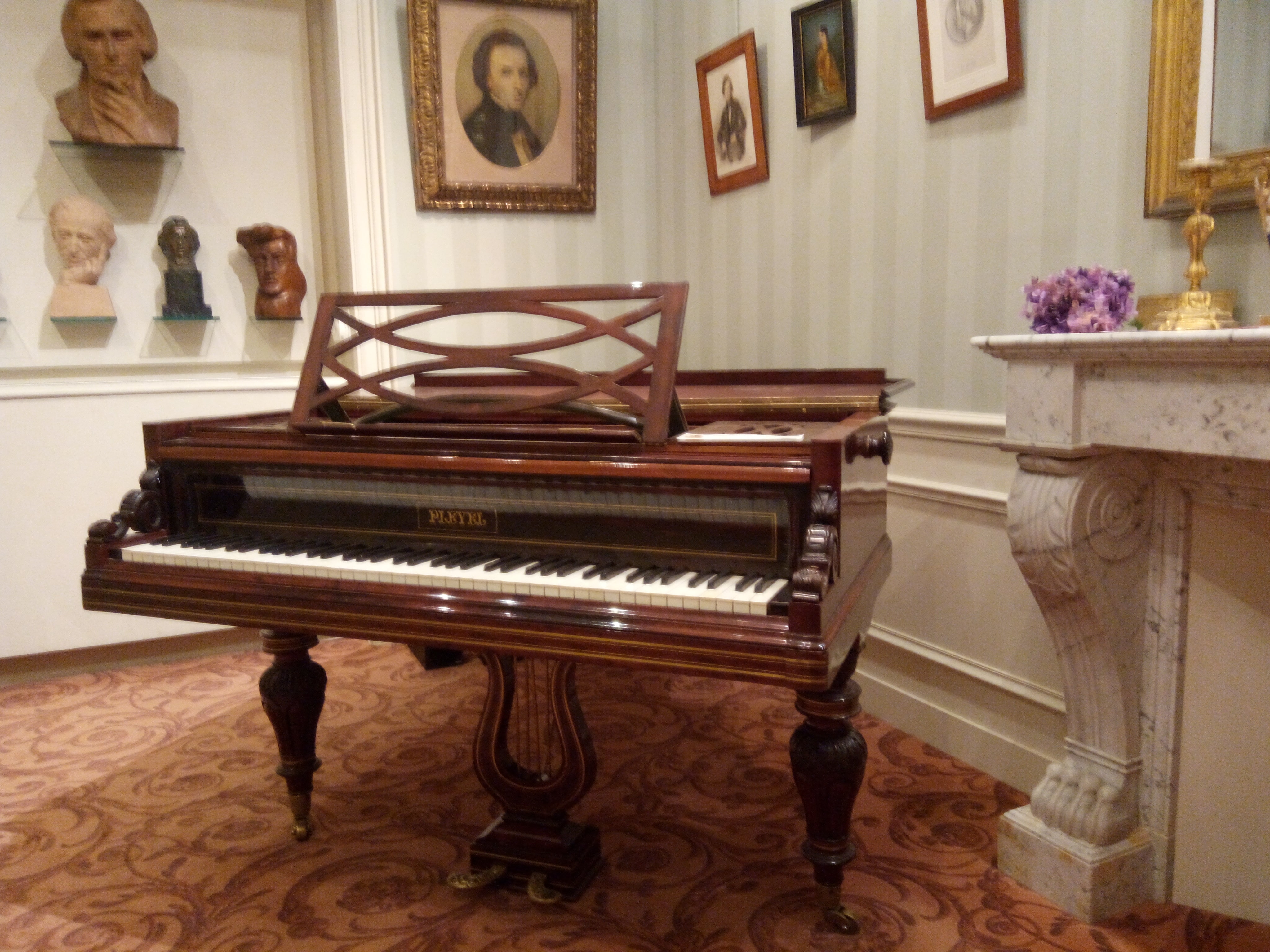
Often the early lives of composers and performers, especially the further back in time we search, is challenging to capture the full set of facts. For Fryderyk Chopin (1810 – 1849) we have a remarkable quantity of reliable information.
Chopin’s mother played the piano and sang, whilst his father played the violin and the flute. By all accounts, the household in which the young Chopin grew up was a richly musical one.
Chopin’s older sister, Ludwika played the piano and it may well have been her who encouraged the prodigious youngster to try the instrument out. At the age of six, Chopin was receiving formal piano lessons from a local private teacher.
The young Chopin may have been taught traditional songs by his mother and father. Often one of the most freely available forms of musical expression and exploration available to a child is the voice.
Given the rich cultural heritage that Chopin was part of, I imagine him surrounded by Polish folk songs, children’s songs and other songs of the time.
Perhaps this early interest in folk music sparked an interest that Chopin ardently pursued in later life.
We know Chopin frequently had the luxury of passing summers at his wealthy friend’s country estates where he was able to absorb and study Polish folklore and culture.
As a teenager, Chopin devoted himself to understanding these traditions, rituals and practices.
What Instruments Did Chopin Play?
Chopin may have tried to play the flute or violin after hearing his father’s performances. All this is speculative but not out of the realms of the possible as Chopin’s home was creative, warm and hospitable.
It was one in which one can imagine the young boy keen to try his hand at everything available to him.
There doesn’t seem to be any credible account of Chopin as a child playing these instruments, but could it be that he tried them, didn’t like them and as a result plumped for the piano instead?
It did not take very long for Chopin to settle on the instrument that would be his trademark for the rest of his life: the piano.
The other instrument we know Chopin played was the organ. For three years (1823-1826), Chopin studied at the Warsaw Lyceum. He Chopin undertook organ lessons from Wilhelm Würfel.
Würfel was Czech by birth and a respected composer and teacher. Quite how well, or for exactly how long Chopin played the organ is not clear
It seems unlikely that the organ featured significantly in Chopin’s endeavours as he continued to give piano recitals, not organ recitals. What is documented, however, is that Chopin whilst still at school, became the school organist.
This was at a place called the ‘Church of the Nuns of Visitation’. This would have given the young composer valuable insight into Polish music and culture.
By the time Chopin was in his teenage years, he had already established his reputation for great virtuosity accompanied by extraordinary powers of improvisation.
Even though Chopin had received instruction from several teachers of piano, none seemed to steer him on a course that was anything other than what he wanted.
Chopin, from an early age, had determined his progression independently. His unparalleled gift for playing the piano set him apart from more traditional approaches and methods of piano performance.
In this way, Chopin created his own instrument out of the piano. No one played like Chopin. He was a completely unique pianist who quickly after settling in Paris in the 1830s became one of the most fashionable artists of his time.
During this decade (1830-1840), Chopin secured himself the place in Parisian society he deserved.
Such was his reputation that he became friends with Franz Liszt and Hector Berlioz, amongst many others. It was said that Chopin became the one women turned their heads toward and the one that men envied.
Quite the enviable status to have achieved given how close Chopin came to poverty and even giving up on the whole venture of being a concert performer and composer.
Chopin dedicated his life and work to the piano. He did so at a turning point in the history of the instrument.
As a piano manufacturer, if your instrument was adopted by a composer or performer of acclaim, then you were in a strong place to sell plenty of your pianos to the rich as well as the famous.
Chopin had three pianos. He had a Broadwood, an Erard and a Pleyel. Chopin remarked how his instrument of choice was the ‘Petit Patron’ model that Chopin has purchased for a Princely sum of 2000 Francs.
Interestingly, the Pleyel piano was also an instrument in favour of Debussy and Ravel. Sadly, Pleyel closed its factory doors in 2013.
With the competition between piano manufacturers so fierce, you can imagine having Chopin on your ledger books was no small achievement.
But, what is also important is that through Chopin’s innovative playing techniques alongside the demands his compositions made on the piano must have influenced Pleyel as well as other piano manufacturers of the day to create better instruments with a sonority that the composers liked.
In this way perhaps, we can consider Chopin as a vital component in the development of the piano. Stretching the point, a little too far maybe, but Chopin helped to create a piano as unique as he was.
It also set in motion a style that was the seamless blend of French and Polish temperaments and sound.
Unlike many composers, Chopin’s phenomenal skills did not transfer to many instruments. Instead, Chopin followed his childhood passion for composing and performing almost exclusively on the piano.
Other works extend beyond piano music but the surviving ones are few. Chopin’s orchestration in his two Piano Concertos was often criticised as being merely a backdrop to the virtuosic display and emotional outpourings the piano part presented.
Any truth in this statement may reflect Chopin’s weaker affinity for other instruments or perhaps simply that that was what he intended to compose.
He is no lesser composer for this and as a result of his dedication to the piano, we have some of the most beautiful music ever composed available to us.



